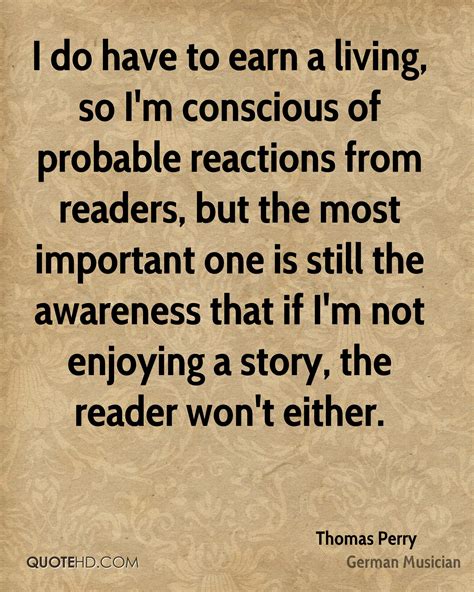A Quote by Donna Tartt
But it's for every writer to decide his own pace, and the pace varies with the writer and the work
Related Quotes
One of the most useful parts of my education as a writer was the practice of reading a writer straight through - every book the writer published, in chronological order, to see how the writer changed over time, and to see how the writer's idea of his or her project changed over time, and to see all the writer tried and accomplished or failed to accomplish.
The writer walks out of his workroom in a daze. He wants a drink. He needs it. It happens to be a fact that nearly every writer of fiction in the world drinks more whisky than is good for him. He does it to give himself faith hope and courage. A person is a fool to become a writer. His only compensation is absolute freedom. He has no master except his own soul and that I am sure is why he does it.
The writer is a spiritual anarchist, as in the depth of his soul every man is. He is discontented with everything and everybody. The writer is everybody's best friend and only true enemy-the good and great enemy. He neither walks with the multitude nor cheers with them. The writer who is a writer is a rebel who never stops
When you decide 'to be a writer,' you don't have the faintest idea of what the work is like. When you begin, you write spontaneously out of your limited experience of both the unwritten world and the written world. You're full of naïve exuberance. 'I am a writer!' Rather like the excitement of 'I have a lover!' But working at it nearly every day for fifty years ? whether it is being the writer or being the lover ? turns out to be an extremely taxing job and hardly the pleasantest of human activities.
Oh, I love labels, as long as they are numerous. I'm an American writer. I'm a Nigerian writer. I'm a Nigerian American writer. I'm an African writer. I'm a Yoruba writer. I'm an African American writer. I'm a writer who's been strongly influenced by European precedents. I'm a writer who feels very close to literary practice in India - which I go to quite often - and to writers over there.





































